Hair Loss due to Hard Water Still Unclear But Possible.Below is a map showing the locations where the water is the hardest in Canada. Among all the locations, Toronto GTA, Saskatchewan and Alberta are ranked the highest in this category. The studies on hair loss caused by hard water is still unclear. However, from our recent research, we have found out through Google Analytics that heavy users of hair loss products are located in areas where the water is the hardest. How to Prevent Hair Loss Due to Hard Water"Hard" water is typically defined as water that has a high mineral content. While large amounts of calcium are often to blame for the development of hard water, high stores of copper and magnesium can also contribute to poor water quality. It should be noted that laboratory experiments have concluded that there was little appreciable difference in the tensile strength and elasticity of hairs after they were treated with hard and soft water.[1] Anecdotally, however, water with a high mineral content might make your hair feel drier and more brittle, which can contribute to hair loss. If this is your experience there are some steps you can take. Taking Steps to Soften your WaterSoften your water. Although it is unlikely that hard water will lead directly to hair loss, softening the water you use to wash your hair can help you have a healthy and strong head of hair. The most comprehensive way to do this is by lowering the mineral content of the water. Water softener machines are specifically designed to solve this problem.[2]
Get a shower filter. A much more practical and affordable option is just to get a filter for your shower head. These work in much the same way as a regular water filter, by neutralizing pH levels.[4] You will need to replace your existing shower head, but this is a lot cheaper and easier than buying a full water softening system.
Try adding some alum to water. One way to get softer water is set aside a bucket of water from the shower or tap which you will use to rinse your hair. Before you rinse, add a spoonful of alum to the bucket of water. The alum will help the minerals in the water to settle at the bottom.[6]
Look for shampoos that fight hard water. There are shampoos available that are specifically designed for hard water that can help you lower the chances of hair loss.[7] A "chelating" or "clarifying" shampoo is a good choice. These shampoos are designed to tackle and prevent mineral build-up in your hair, but they are harsh so should be used sparingly.[8]
Use a conditioner. It's always a good idea to use a conditioner after you wash your hair in hard water. This will help to prevent your hair drying out and becoming brittle, which can contribute to hair loss. Look for a conditioner with natural ingredients that will moisturise your hair.
Consider a leave in conditioner. To condition your hair even more, you can use a leave in conditioner. This just means you lightly apply it to your hair after washing and let it soak in. Two or three drops of coconut or almond oil gently rubbed into the lower half of your hair will help you to lock in the moisture and prevent dryness.[11]
Add vinegar to the water you use to rinse your hair. Mix one tablespoon of white vinegar with three cups of water. Take a shower, shampooing your hair as normal. The vinegar can remove built-up minerals from hard water, as well increasing shine and body.[12] When it is time to rinse the shampoo from your hair, use the water and vinegar mixture you created. Try a lemon or lime juice rinse. An alternative to vinegar, is a lemon or lime rinse. It works in a similar way to vinegar by breaking down residual salts and minerals in your hair. Lemon and lime juice also strips off excess oil, which makes it an especially good choice for those with greasier hair.[15]
Use filtered water for the final rinse. To cut down on your use of hard water, you could use some filtered water for the last rinse when you are washing your hair. You will need about a litre of water for this. Simply pour it over your head a little at a time to wash out the shampoo and conditioner.[17]
Use rainwater to wash your hair. Rainwater is also a good substitute to hard water when washing your hair, as it very soft and largely free of salts and minerals. Place a large bucket outside during rainfalls, collecting as much of the liquid as possible.[18] When it is time to take a bath or shower, heat the water in batches in a large pot on the stove to medium heat, and use while bathing.
Source: WikiHow Comments are closed.
|
AuthorBy Masaakii Archives
May 2024
Categories
All
|
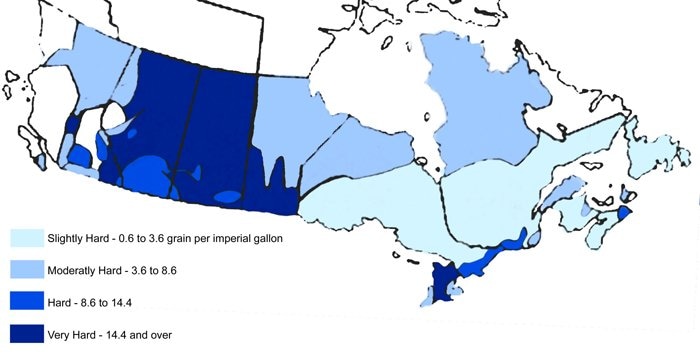
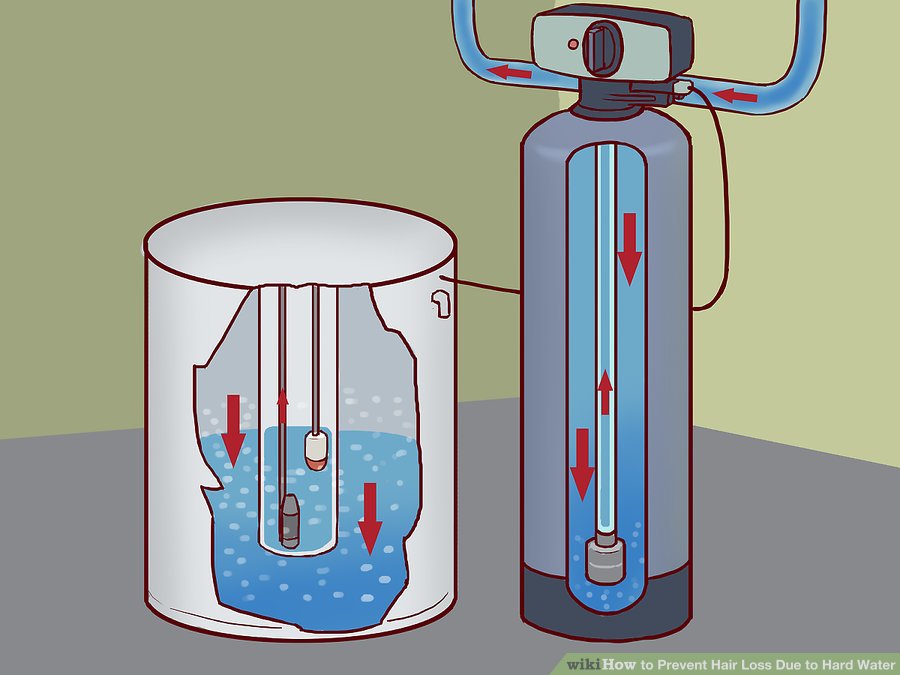
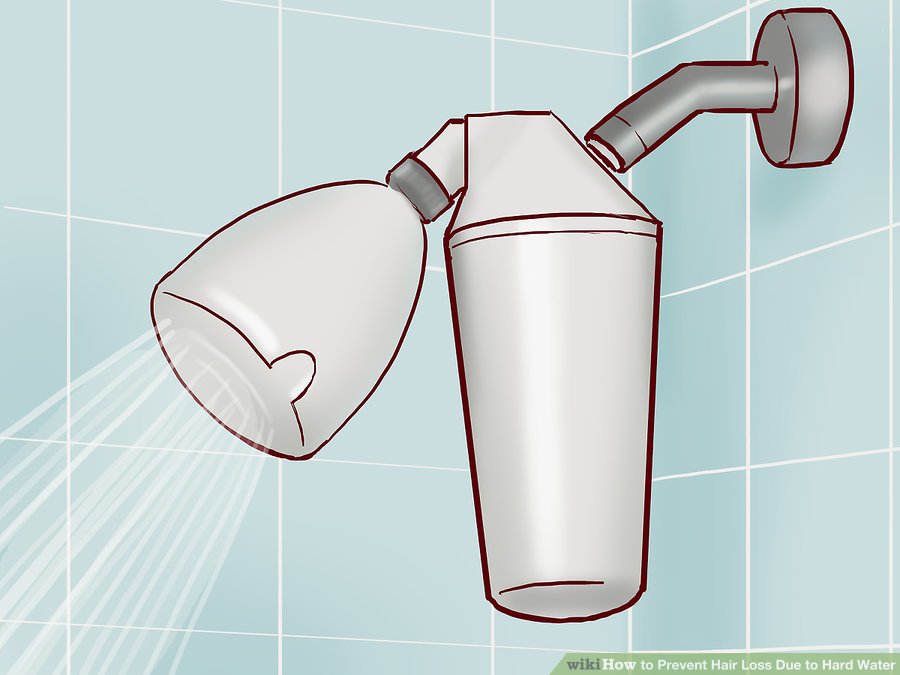
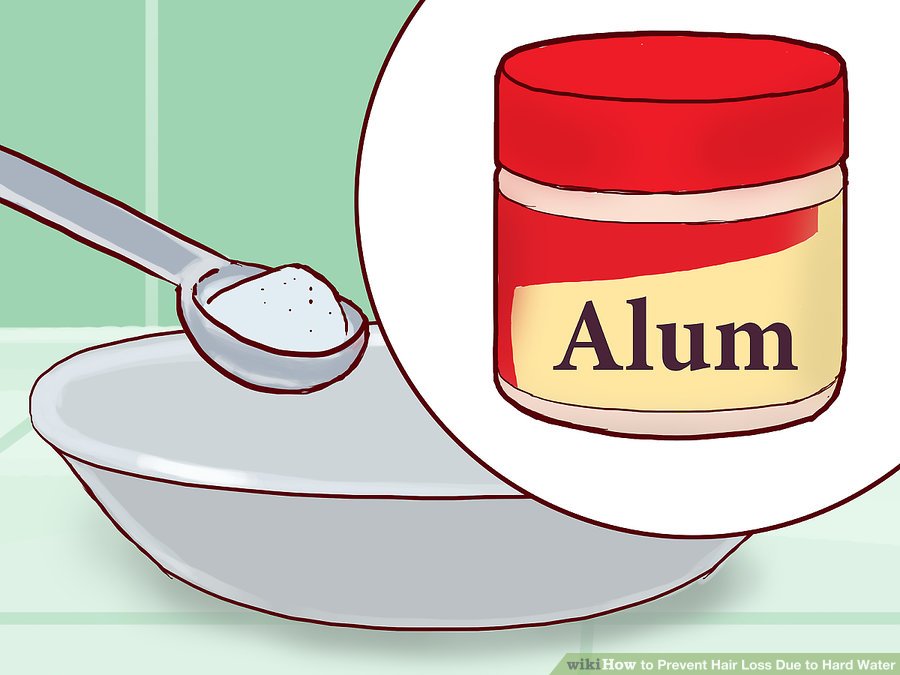
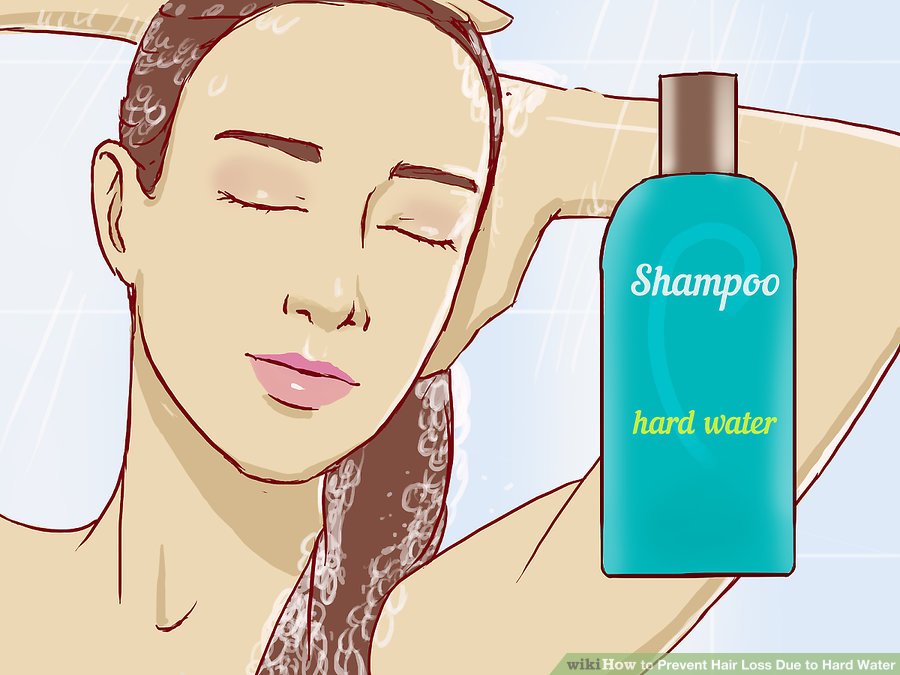
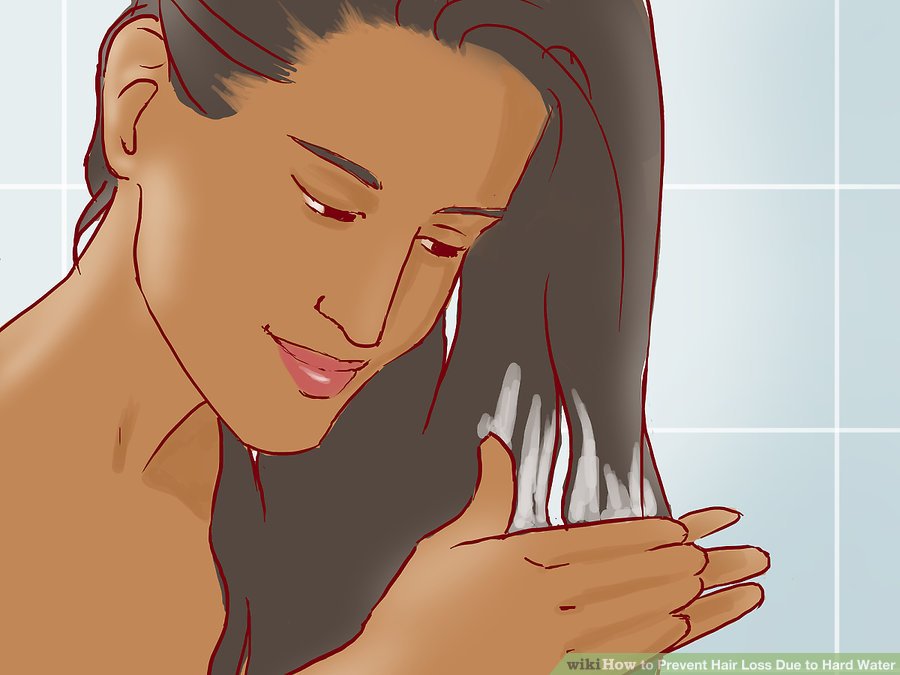
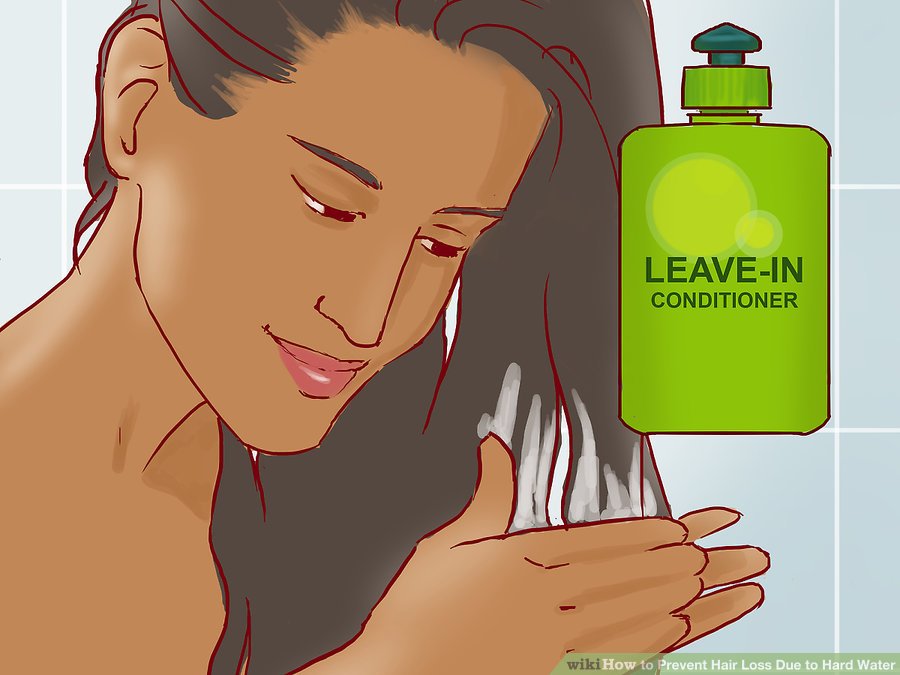
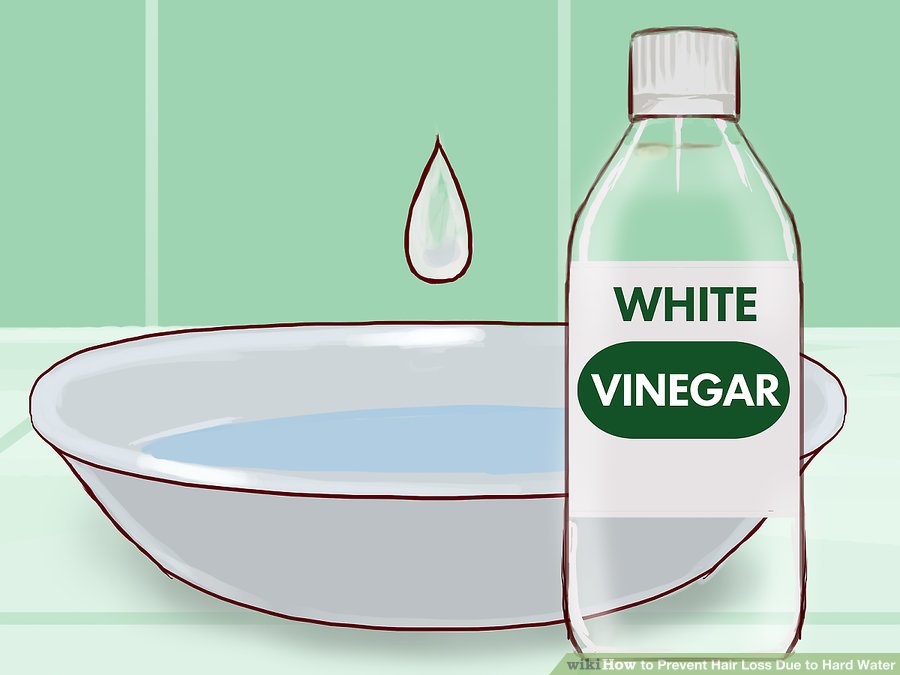
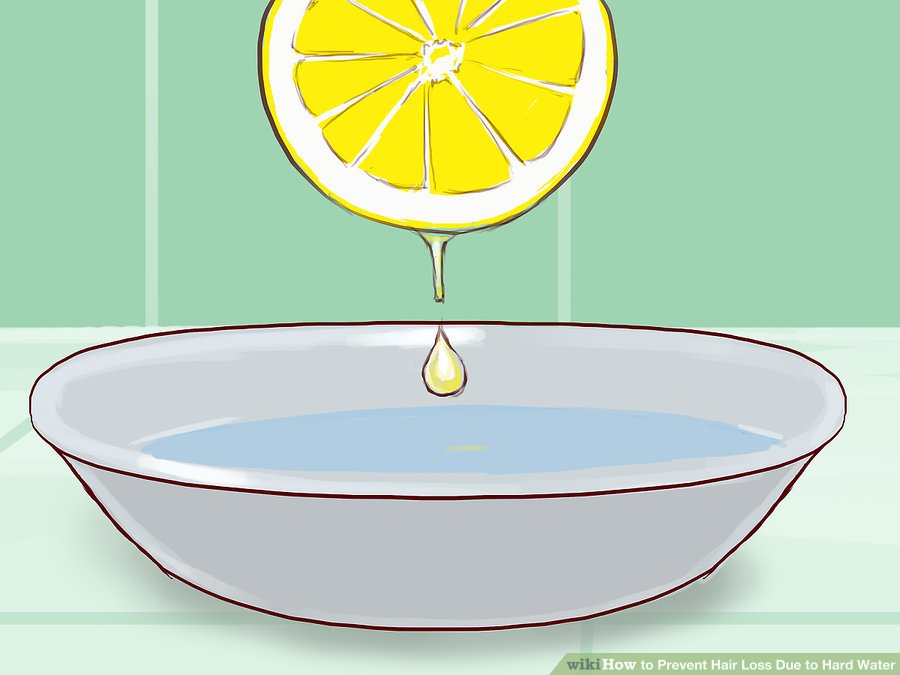
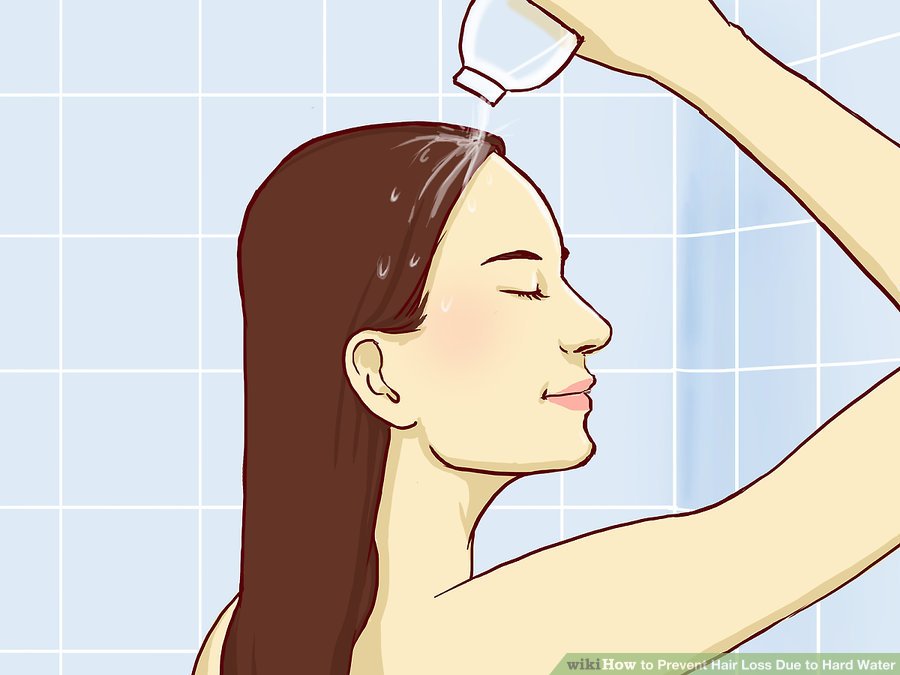
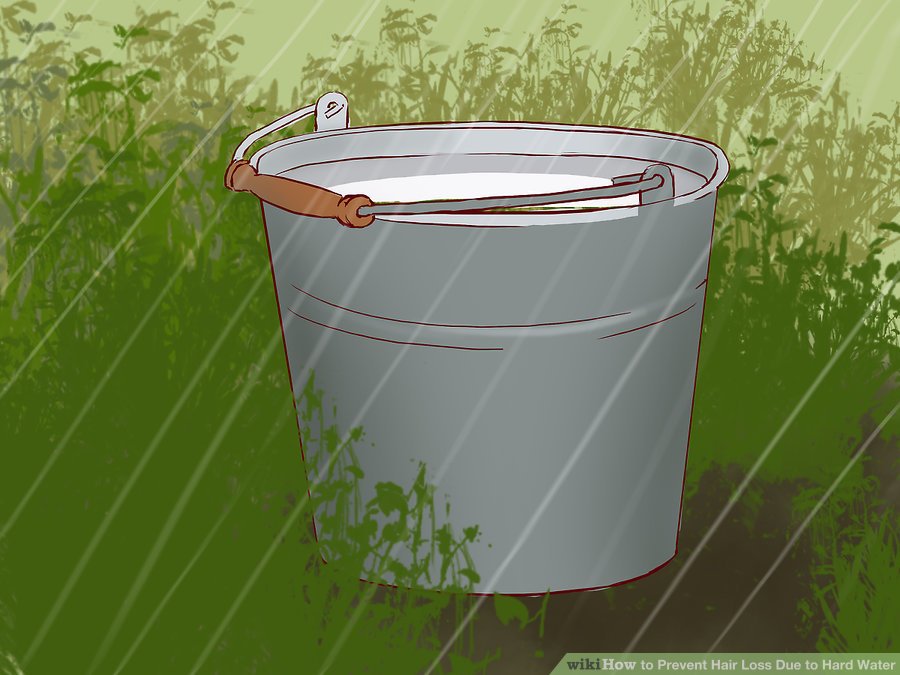
 RSS Feed
RSS Feed